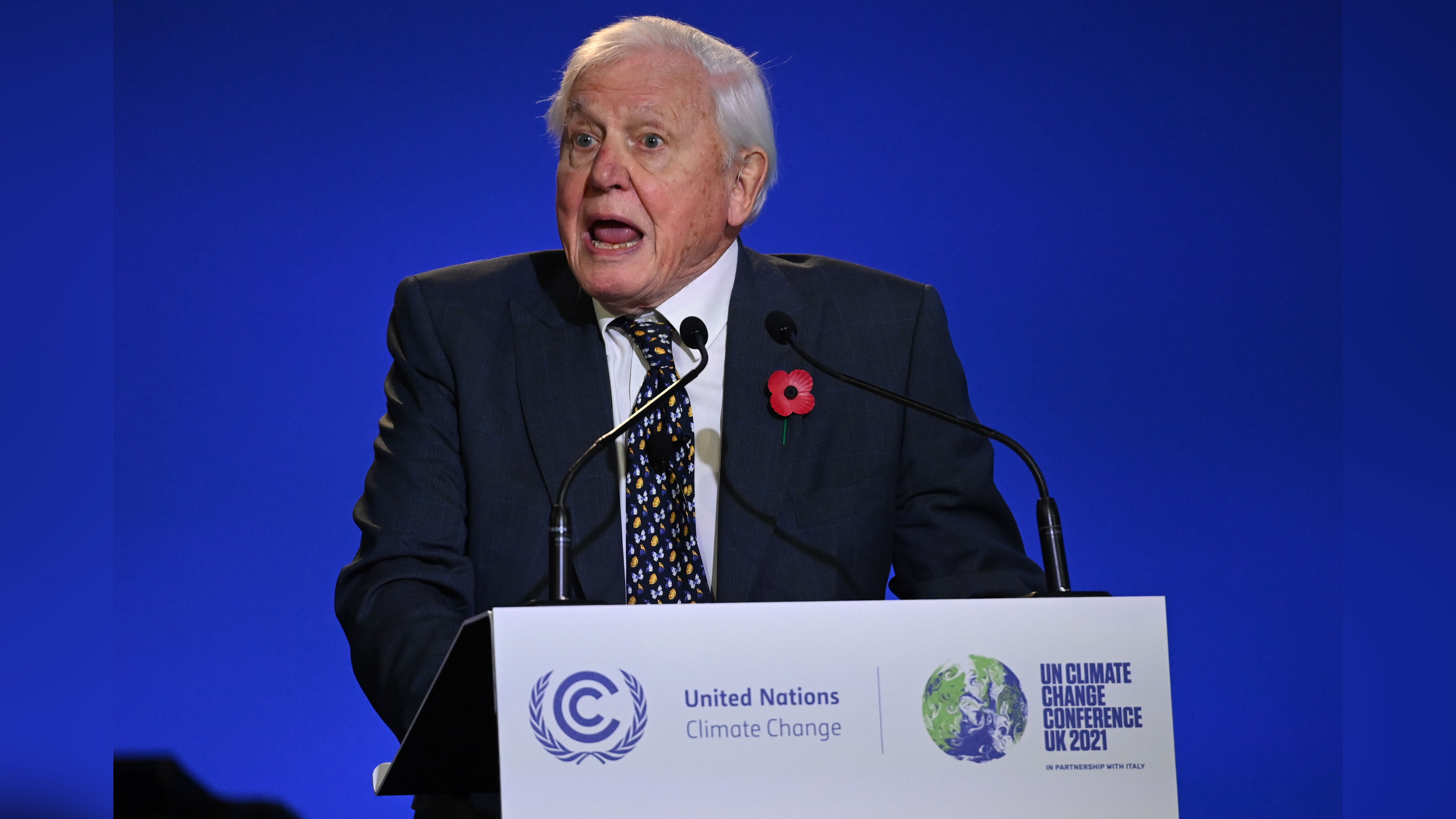
He has one of the most iconic and recognizable voices in broadcasting, however, Sir David Attenborough is now the latest person to fall victim to unauthorized AI audio cloning.
The BBC discovered the dupe and informed Sir Attenborough who responded, “Having spent a lifetime trying to speak what I believe to be the truth, I am profoundly disturbed to find these days my identity is being stolen by others and greatly object to them using it to say whatever they wish.”
The clone is so realistic that the BBC initially made a mistake in a broadcast reporting on the incident, playing the real voice twice instead of the AI voice for comparison.
The AI voice is allegedly being used to comment on YouTube channels such as The Intellectualist on issues such as the Ukraine-Russia war and Donald Trump winning the US election.
The BBC also reported that one of the websites using Sir Attenborough’s voice posted another clip clarifying its stance, again in the naturalist’s voice.
“Let's set the record straight. Unless Mr Attenborough has been moonlighting for us in secret and under an assumed name with work authorization in the United States he is not on our payroll. I am not David Attenborough, we are both male British voices for sure, however, I am not David Attenborough for anyone out there who might be confused.”
In the segment, the BBC reporter spoke to Dr Jennifer Williams, a lecturer in AI audio at the University of Southampton, England, who explained that to get such a close replica of a person’s voice, people might “scrape” the internet for samples and create a model.
She also pointed out that at the moment there are no safeguards in place to guarantee that a synthetic voice must be audibly different from a real person.
She guessed that the people doing this might see it as a “creative outlet” or for humorous purposes, or more worryingly, to spread misinformation and disinformation through a trusted, authoritative figure.
When asked how worried we should be about the rise in AI clone voices, Dr Williams said, “I don't think that we need to be in a state of fear and hide ourselves away from the Internet or from other conversations, but it is important to just be aware that this technology exists.
“It didn't exist several years ago and it wasn't in the hands of everyone online for free, so I think raising awareness about the issue, and just being aware of how the technology is developing and thinking about legal frameworks and regulatory frameworks that will help protect people is what we need to be doing.”
However, she added that this particular case was “very serious” and that it had left her “disgusted.”
“When you have a trusted voice like Sir David Attenborough who all around the world people recognize as an authority, as a voice of truth, and then to have words put in his mouth about war, politics, and things that that he has never said or may not ever endorse, it's very concerning.”
She also recommended a technique called the “sift method” to combat being fooled by AI.
“Stop, investigate the source, find other sources, and then really think about what is the context here. So anytime you see something that might be out of place, just stop, examine it, think about whether this is supported by other other types of evidence, or other types of information sources, and then think what is the context."
Black Friday is just around the corner, so why not check out the best Black Friday camera deals, the best Black Friday drone deals, and the best Black Friday telescope deals.







